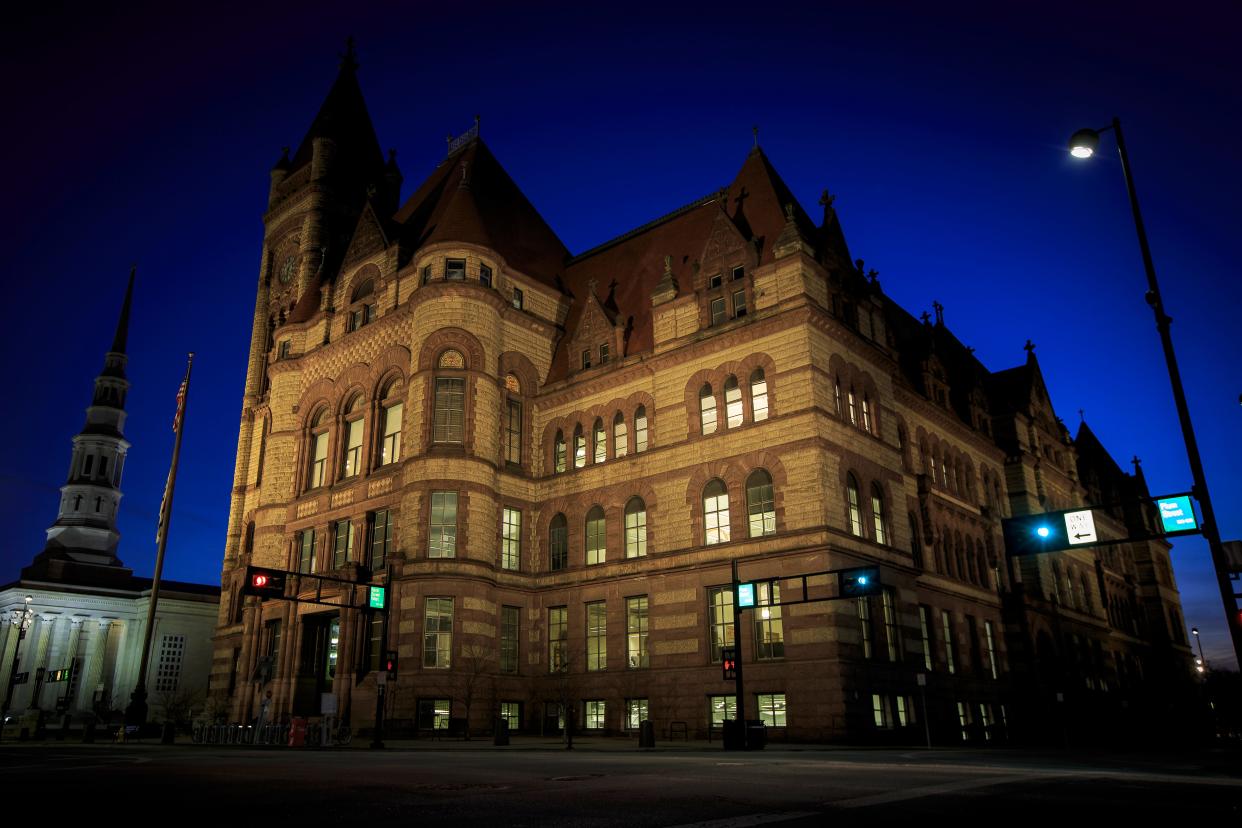Cincinnati settles racial discrimination lawsuit over homeowner tax breaks

City officials and a group of Black residents agreed last week to settle a lawsuit that challenged the way Cincinnati hands out tax breaks to homeowners.
The settlement, which ends a federal court fight that began almost four years ago, allows the city’s residential tax abatement program to continue if city officials make changes to increase the participation of Black residents.
The lawsuit claimed the program made Cincinnati more segregated and Black residents poorer because it favored white homeowners who applied for tax breaks to offset the cost of repairing their properties.
The city overhauled the abatement program last year, after the lawsuit was filed, but the Black homeowners who sued the city said the new system still was discriminatory.
The settlement requires the city to expand outreach about the program in neighborhoods with large numbers of poor and Black residents, to make its website and application process more accessible, and to monitor the program for racial inequities.
When asked about the settlement, Mayor Aftab Pureval said he wants to make the abatement program as accessible and fair as possible. "Since taking office, we've worked to make our residential abatements more impactful and accessible to the folks who need it the most," he said.
Lawyers: 'A small step in the right direction'
As part of the settlement, the city also must pay $160,000, including $110,000 to the homeowners who filed the lawsuit and $20,000 to their attorney, Robert Newman. The rest covers other expenses and expert witnesses.
“This is a small step in the right direction,” Newman said. “If the city goes again in the wrong direction, they will be hearing from us.”
When he filed the lawsuit in 2020, Newman said a disproportionate majority of tax abatements went to predominantly white and wealthy neighborhoods. The abatements are temporary reductions of property taxes, which, in the city’s program, are given for 10 to 15 years.
An Enquirer review of city data for abatements granted from 2014 to 2018 found a pattern similar to the one alleged in the lawsuit. Hyde Park, the city’s wealthiest neighborhood, led the way with $11.7 million in abatements, while other leaders included predominantly white neighborhoods such as Mount Lookout, Mount Adams, Columbia Tusculum and Oakley.
Settlement still needs judge's approval
Newman said the program exacerbated segregation in the city because it favored homeowners, particularly white residents, who could afford to make improvements that qualified for abatements. That inequity, he said, increased property values in wealthy areas and limited access to those areas by less affluent Black residents.
When Pureval and City Councilman Reggie Harris unveiled the city’s new abatement program in January 2023, they said it would create a tiered system that steered more resources to poor neighborhoods and made more abatements available to lower-income residents.
“The goal of this update is to help expand growth to communities that have been historically under-invested,” Harris said at the time.
Harris declined to comment on the settlement.
Newman filed the lawsuit in U.S. District Court on behalf of eight Cincinnati residents who said they had been hurt by the tax abatement program. The settlement, signed Thursday, still must get final approval from Judge Timothy Black.
This article originally appeared on Cincinnati Enquirer: Racial bias lawsuit: Cincinnati settles suit over homeowner tax breaks

